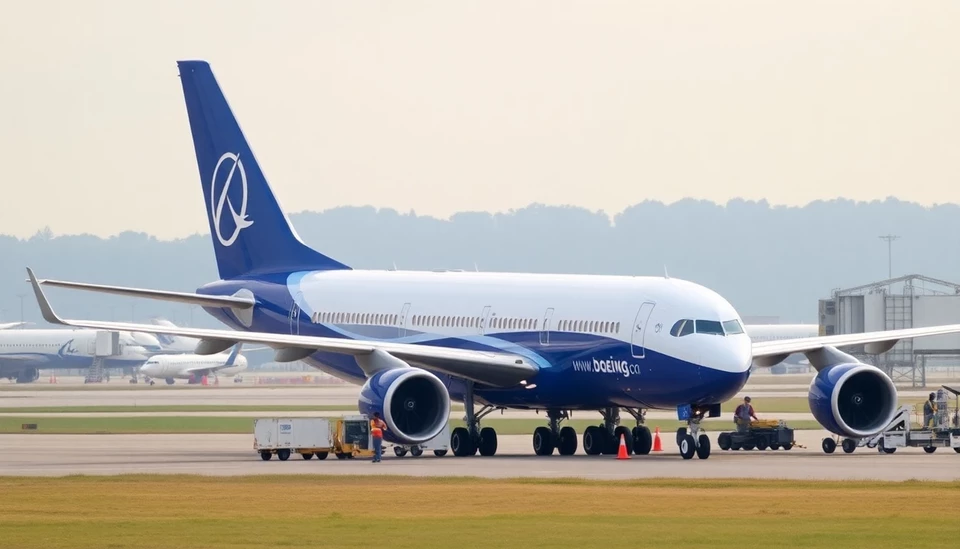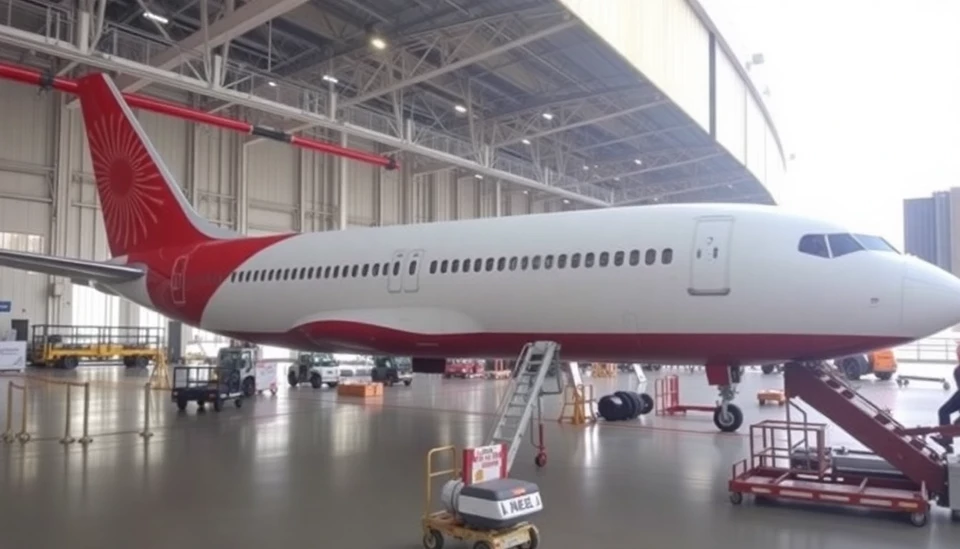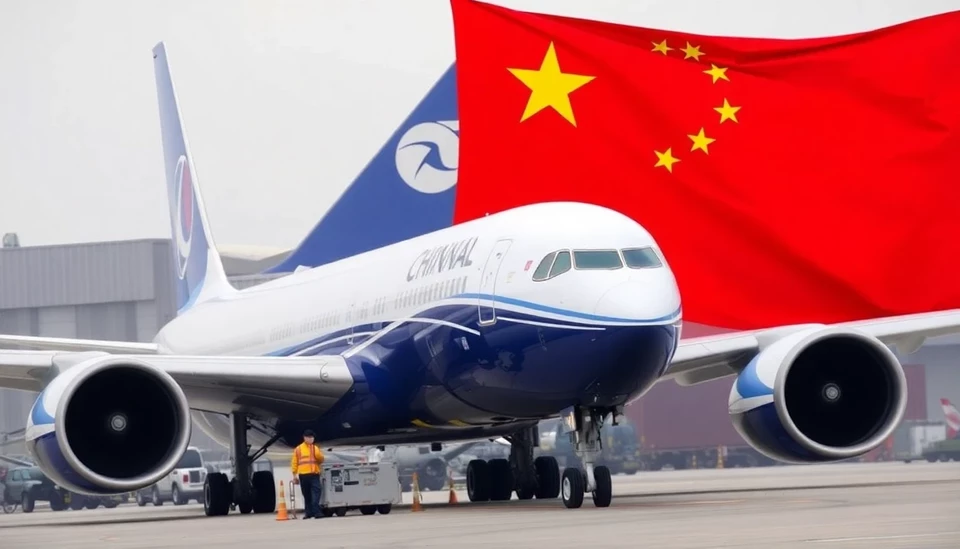
Boeing Co. is navigating a precarious situation as it embarks on a fresh wave of workforce reductions amidst a tight labor market. The aerospace giant's decision comes as companies like Spirit AeroSystems and others in the aviation industry ramp up hiring, potentially leaving Boeing at a competitive disadvantage.
The company has recently initiated a voluntary layoff program aimed at right-sizing its workforce. This move follows a series of reports indicating that Boeing needs to restrategize its operational capacity while still addressing ongoing production challenges. By offering buyouts to employees, Boeing is attempting to streamline its operations, but this has raised concerns regarding the long-term implications in an industry where skilled labor is becoming increasingly scarce.
Industry analysts warn that this strategy could backfire, potentially leaving Boeing vulnerable as competitors seek to attract the very talent it is letting go. The tightening labor market reflects a broader trend, where analysts project a significant increase in demand for workers in the aviation sector over the coming years. This scenario puts pressure on Boeing to retain its skilled workforce, especially as the economy gradually rebounds from the challenges posed by the global pandemic.
The voluntary layoffs, while seen as a short-term solution for Boeing to manage costs, could lead to an erosion of expertise vital for maintaining production quality and innovation. With Spirit AeroSystems announcing plans to hire thousands of new employees, the talent pool for skilled workers in aerospace is rapidly diminishing. As competitors expand, Boeing's ability to catch up may suffer if it continues to reduce its workforce.
Boeing's leadership must weigh the immediate financial benefits of workforce reduction against potential long-term risks associated with talent shortages. As the demand for air travel continues to grow post-pandemic, the aerospace sector is poised for a resurgence, creating an urgent need for skilled labor that Boeing might find hard to reclaim once lost.
Industry experts suggest that instead of reducing headcount, Boeing should explore alternatives such as enhanced employee retention programs and targeted hiring strategies to bolster its workforce. Investing in existing employees could foster loyalty and reduce turnover, ultimately securing Boeing's position in the competitive landscape of the aerospace industry.
As the situation develops, the pressure mounts on Boeing to reassess its workforce strategy and recalibrate its approach to talent management in an increasingly tight labor market.
In conclusion, while the decision to downsize may bring short-term relief, it could jeopardize Boeing's long-term operational capabilities and competitive edge within the vibrant aerospace sector.
#Boeing #Aerospace #LaborMarket #Workforce #Layoffs #AviationIndustry #EmployeeRetention #TalentManagement #SpiritAeroSystems
Author: John Harris




